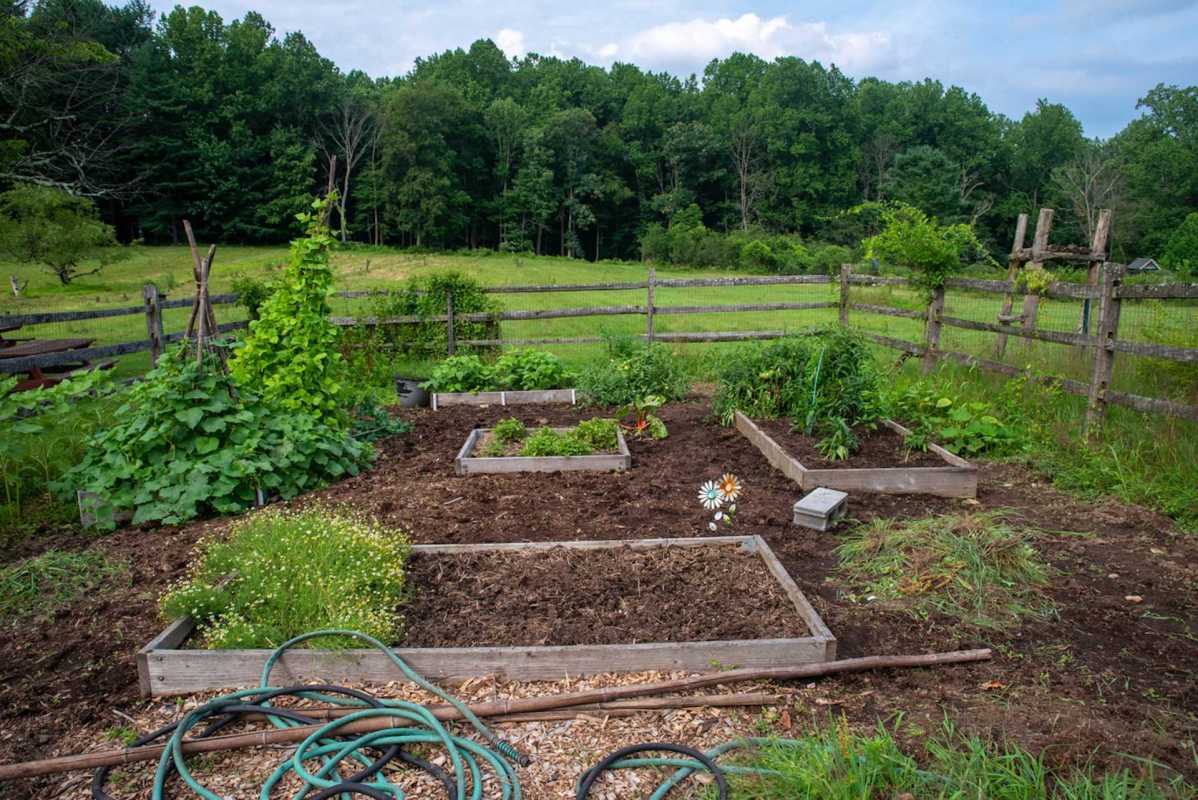Jerilyn Maclean of Chapel Hill, North Carolina, single-handedly started a local movement to plant native plants despite pushback from some neighbors and her homeowners association, the Chatham News and Record reported.
Nine years ago, in 2014, Maclean started gardening as an escape after being diagnosed with a chronic health condition. Eventually, her work spread from her 1,000-square-foot yard to the park behind it.
Maclean's focus was native species — plants and flowers that flourish in the local conditions and provide food and shelter for local pollinators. Her choices included coral honeysuckle, coneflower, and milkweed, which attracted hummingbirds, bees, and monarch butterflies.
"If you plant, wildlife will come," Maclean told the News and Record. "Every plant makes a difference."
Planting native plants instead of non-native grass lawns has many benefits. Native plants don't need as much water, pesticide, or maintenance, so they're cheaper and easier to keep than grass while causing less harm to the environment.
They also provide food and shelter for native wildlife, including many species that are facing extinction. Some are pollinators that plants need to develop fully, and all are important to the wider ecosystem. Without faithfully preserved habitats like Maclean's garden, many of these species could be permanently lost.
"Five years ago there were butterflies all over my yard every day," Maclean said. "And now I see fewer and fewer, even with all the food that's available to them. Do people care about that? How much do you care?"
To get others involved in her mission, Maclean began selling native plants outside a neighbor's cafe in 2021, according to the News and Record. Some of Maclean's customers come from as far away as High Point, NC. She also founded the Briar Chapel Native Plant Club, which now has 500 members.
However, the Briar Chapel Homeowners Association was not on Maclean's side. First, the HOA protested her "messy" yard, and when Maclean hoped to move her plant sales to its community center, it demanded a 10% cut off the top — more than she could afford.
Still, Maclean hopes to find an investor to take her efforts to the next level.
"Plant by plant, yard by yard," she told the News and Record. "They won't go extinct unless we let them."
Join our free newsletter for easy tips to save more, waste less, and help yourself while helping the planet.









